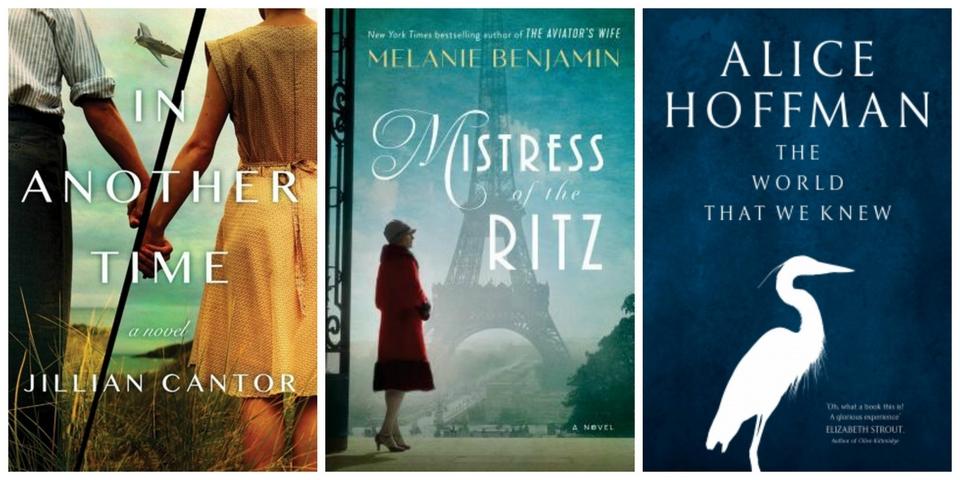Nature Knows and Psionic Success
God provides
Booksmart column: 3 novels show compassion amid the chaos

The three novels below focus on a period of human history where compassion was at once both gravely lacking and mercifully abundant. Nonstop media coverage of disturbing hate crimes, senseless gun violence, and recurring natural disasters can lead us to begin to feel numb to the sorrow of those around us. Yet, social psychologists argue that we are a profoundly caretaking species and that compassion remains one of our strongest instincts. But what exactly is compassion and how is it different from empathy? Empathy refers to our ability to take the perspective of and feel the emotions of another person. Compassion is a feeling which arises upon witnessing or hearing about another’s suffering and which compels us to act in some way to help ease or alleviate their pain. The action component of compassion distinguishes it from empathy. Compassion appears to be a natural instinct that evolved because it enhances the survival of a species. Yet a number of recent studies have shown that it is also a skill that can be cultivated through learning and experience. While some of us behave more consistently compassionate than others due to upbringing, it is also teachable. Research suggests that repeatedly modeling compassionate behavior to very young children is a potent means of fostering a trajectory of lifelong compassion and kindness. Among adults, techniques such as compassion meditation training have been shown to actively increase brain activity in the inferior parietal cortex, an area of the brain associated with understanding for other people. Recent studies in The Journal of Emotion indicate that the compassion we feel for others is not solely a function of what befalls them. If we can be trained to draw an association or commonality between a victim and ourselves — even a relatively trivial one — the degree […]
Click here to view full article
